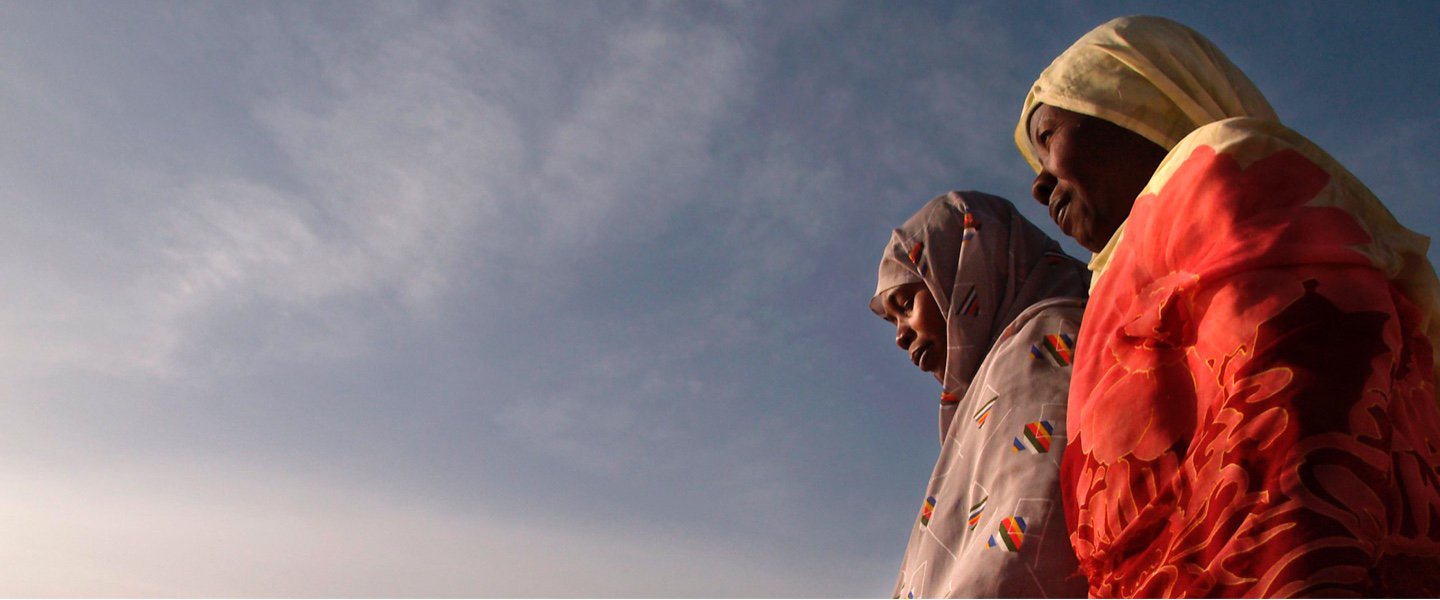From 2012–18, 1,140 kilometers of rural roads were rehabilitated, benefiting 1.4 million people. During the same period, 22,588 households received piped water connections.
53,489 youths benefited from employment skills training program in 2018, up from 25,422 in 2014. 62% of participants were employed or self-employed within six months of training.
10,433 youths were enrolled in temporary apprenticeship program in 2018. 92% of youth completed the training in 2018, up from 76% in 2016. 52% were employed or self-employed within six months of training. 14,959 youths received entrepreneurship training program in 2018, up from 11,248 in 2015.
From 2015–18, 2.5 million days of labor-intensive public works were generated and resulted in 3,491 kilometers of roads rehabilitated in 2018, up from 2,537 in 2014.
From 2012–18, 3.9 million people were provided with improved access to basic infrastructure in urban and rural areas through an emergency infrastructure project. 3.7 million people in urban areas were provided with access to all-season roads within a 500-meter range, up from 3.1 million in 2012. 1.4 million people in targeted rural areas benefited from access to an all-season road in 2018, up from 170,000 in 2012.
From 2013–18, 47,881 hectares of village plantations were using improved planting material and 222,684 cocoa farmers were trained in good agricultural practices, benefiting 170,984 people.
From 2015–18, 143,151 births were delivered at a health facility and attended by a trained health professional. 9,045 severely malnourished children were identified and treated. 371,640 women received antenatal care during a visit to a health provider.
In 2018, 100% of the children were vaccinated against diphtheria, tetanus, and whooping cough.
From 2015–18, 4.9 million people were provided with access to a basic package of health, nutrition, or reproductive health services, and 97 health facilities were constructed or renovated.
Key Achievements
Results

INDICATORS
Life expectancy at birth, total (years)
Debt
Results Stories
Projects

News Updates
Related Documents
Key Achievements
From 2012–18, 1,140 kilometers of rural roads were rehabilitated, benefiting 1.4 million people. During the same period, 22,588 households received piped water connections.
53,489 youths benefited from employment skills training program in 2018, up from 25,422 in 2014. 62% of participants were employed or self-employed within six months of training.
10,433 youths were enrolled in temporary apprenticeship program in 2018. 92% of youth completed the training in 2018, up from 76% in 2016. 52% were employed or self-employed within six months of training. 14,959 youths received entrepreneurship training program in 2018, up from 11,248 in 2015.
From 2015–18, 2.5 million days of labor-intensive public works were generated and resulted in 3,491 kilometers of roads rehabilitated in 2018, up from 2,537 in 2014.
From 2012–18, 3.9 million people were provided with improved access to basic infrastructure in urban and rural areas through an emergency infrastructure project. 3.7 million people in urban areas were provided with access to all-season roads within a 500-meter range, up from 3.1 million in 2012. 1.4 million people in targeted rural areas benefited from access to an all-season road in 2018, up from 170,000 in 2012.
From 2013–18, 47,881 hectares of village plantations were using improved planting material and 222,684 cocoa farmers were trained in good agricultural practices, benefiting 170,984 people.
From 2015–18, 143,151 births were delivered at a health facility and attended by a trained health professional. 9,045 severely malnourished children were identified and treated. 371,640 women received antenatal care during a visit to a health provider.
In 2018, 100% of the children were vaccinated against diphtheria, tetanus, and whooping cough.
From 2015–18, 4.9 million people were provided with access to a basic package of health, nutrition, or reproductive health services, and 97 health facilities were constructed or renovated.


